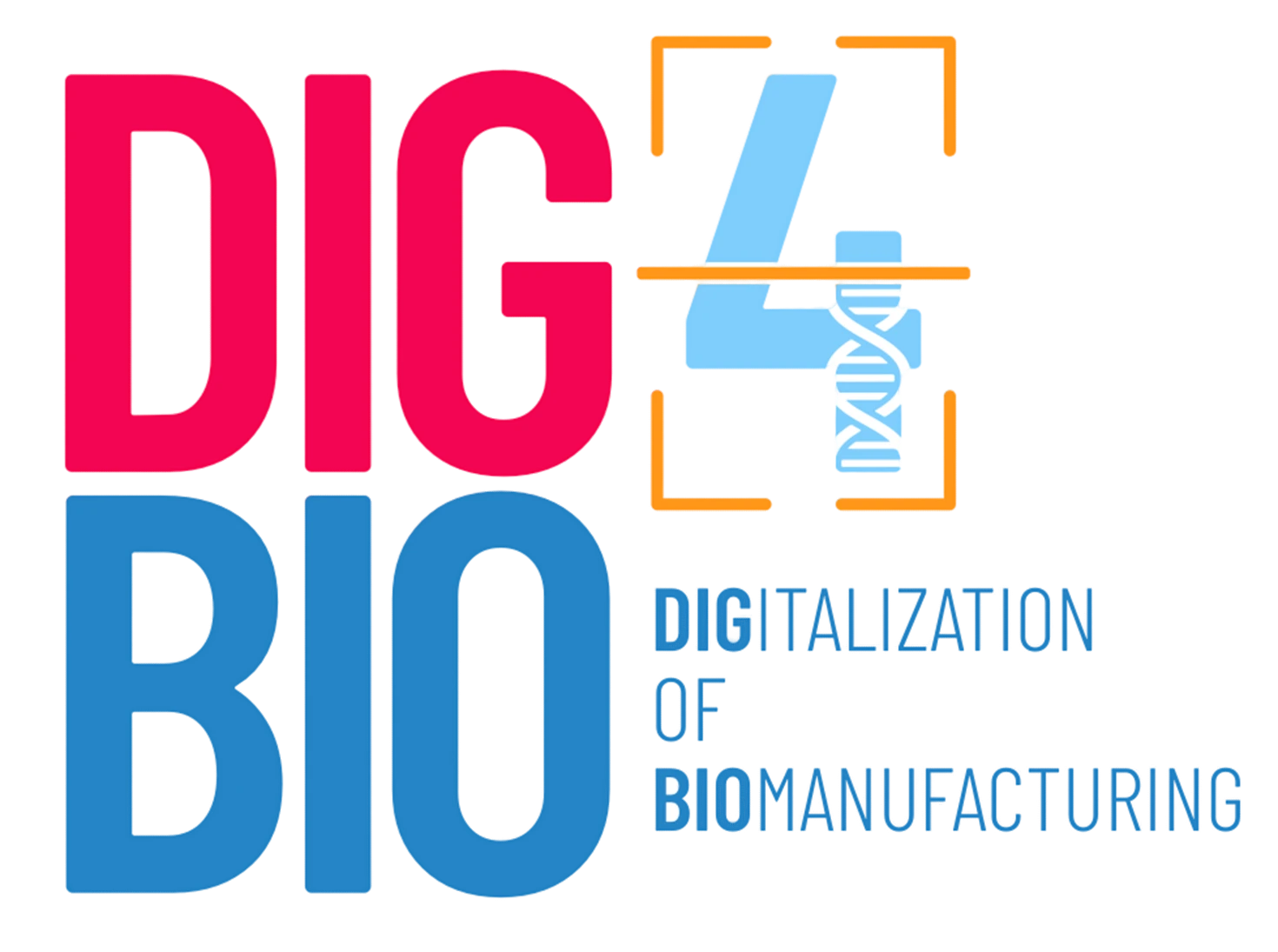Chemical Reaction Engineering - Assignment 1#
Instructions#
Please use Python to solve the exercises below.
You should hand in a Jupyter Notebook with your answers. When handing in, you are welcome to submit additional material you may have used, such as a scan of the paper to solve parts of the equations, Word and PDF documents and similar.
The exercises sum up to a total of 12 points, but you only need 10 points to get top marks.
You will also get partial points for trying to solve the different exercises.
Assignment 1#
In your company, you need to evaluate the composition of the feed stream (containing only A and B) of an isothermal gas-phase reaction expressed as:
\(A+\frac{1}{12}B→\frac{1}{6}C+\frac{1}{2}D\)
First, set up the stoichiometric table for the reaction for a flow reactor with constant pressure (2 points). Afterward, write the concentrations of A, B, C and D as function of the conversion X (1 point).
# Set up the stoichiometric table for the reaction for a flow reactor with constant pressure
# Your code here
# Write the concentrations of A, B, C and D as function of the conversion X
# Your code here
During a laboratory experiment, you measure in a batch reactor with constant volume:
$\( Time (h) \)$ |
$\( Cc (mol \cdot m^{-3}) \)$ |
|---|---|
0 |
0 |
2 |
2,5 |
4 |
3,13 |
6 |
3,41 |
8 |
3,57 |
10 |
3,68 |
12 |
3,75 |
14 |
3,81 |
16 |
3,85 |
18 |
3,88 |
20 |
3,91 |
First of all, create a
pandas dataframeof the data in the table below (0,2 points).
# Create pandas dataframe
# Your code here
df = pd.DataFrame()
df['Time'] = [0, 2, 4, 6, 8, 10, 12, 14, 16, 18, 20]
df['Cc'] = [0, 2.5, 3.13, 3.41, 3.57, 3.68, 3.75, 3.81, 3.85, 3.88, 3.91]
df['Ca'] = [c*2 for c in df['Cc']]
---------------------------------------------------------------------------
NameError Traceback (most recent call last)
Cell In[3], line 4
1 # Create pandas dataframe
2
3 # Your code here
----> 4 df = pd.DataFrame()
5 df['Time'] = [0, 2, 4, 6, 8, 10, 12, 14, 16, 18, 20]
6 df['Cc'] = [0, 2.5, 3.13, 3.41, 3.57, 3.68, 3.75, 3.81, 3.85, 3.88, 3.91]
NameError: name 'pd' is not defined
Calculate the rate of the reaction, which follows the expression:
\(-\frac{dC_A}{dt} = k{C_{A}}^n\)
To do so, consider that this data is obtained with a constant volume reactor and the initial concentration of \(C_A\) is 25 \(mol \cdot m^{-3}\). Choose between using the differential or the integral method (2 points).
Back up your answer with the other method (0,8 points).
Hint: linear regression
# Calculate the rate of the reaction
# Your code here
Plot the concentrations of A, B, C and D versus time. Explain the assumption you have made (1 point).
# Plot the concentrations of A, B, C and D versus time
# Your code here
Finally, correlate the rate constant k with the temperature through the Arrhenius expression. Calculate the activation energy (0,75 point) and the Arrhenius constant (0,75 point) using the data below:
$\( Temperature (^\circ C) \)$ |
$\( {k (m^3 \cdot mol^{-1} \cdot h^{-1})} \)$ |
|---|---|
25 |
0,02764 |
30 |
0,03548 |
35 |
0,04519 |
45 |
0,07165 |
Hint: \( R = 8.314 J \cdot mol^{-1}·K^{-1} \)
Plot the relation between the rate constant k and the temperature (0,5 point).
# Calculate the activation energy
# Your code here
# Calculate the Arrhenius constant
# Your code here
# Plot the relation between the rate constant k and the temperature
# Your code here
Write the complete kinetic expression written with the concentration of \(C_A\) expressed with help of the initial concentration \(C_{A0}\) and X (1 point).
Note: You can also write the complete kinetic expression on paper and upload the file/image here.
# Write the complete kinetic expression
# Your code here

